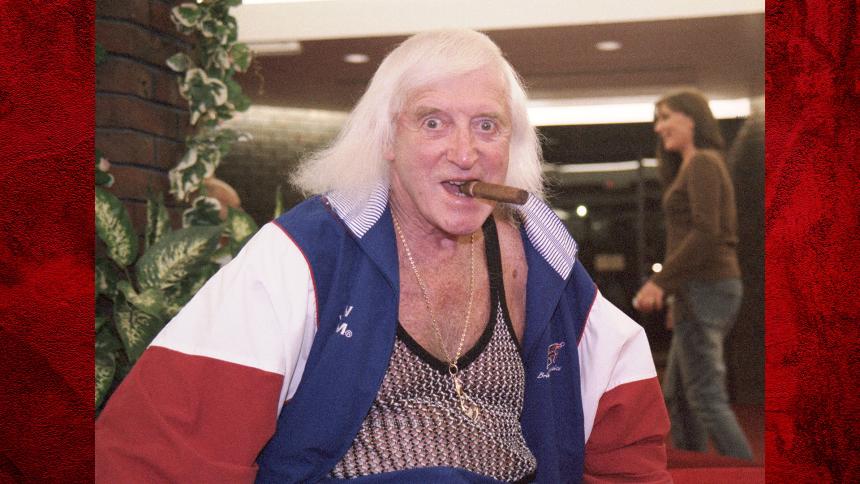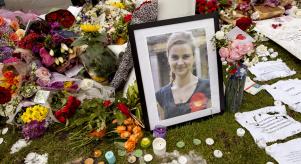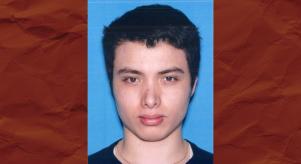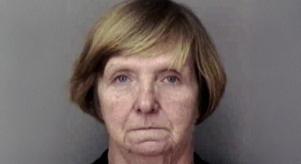
Operation Yewtree: How Jimmy Savile groomed the nation
The Reckoning
Jimmy Savile was a well-known and very revered media personality in the United Kingdom. He was known for his dedication to charity work, but behind the façade of normalcy, Savile was concealing a deep and disturbing secret. Following his death at 84-years-old in October of 2011, allegations of sexual abuse of children came to the surface.
The scale of the allegations was staggering and led to an extensive criminal investigation, led by the Metropolitan Police Service and child protection agency, the NSPCC, which would expose Savile as one of the UK’s most prolific sexual predators.
In October of 2012, the formal criminal investigation into the allegations of child abuse committed by Savile was launched. Operation Yewtree, as it was called, was originally launched to assess the allegations that came flooding into police following the broadcast of a documentary on the case, as part of ITV’s Exposure series. During the documentary, five women made allegations of sexual abuse against Savile. They said that it had taken place between 1968 and 1974 when they were teenagers (Independent Oversight of NHS and Department of Health Investigations into Matters Relating to Jimmy Savile).
The documentary also prompted claims that some senior figures at the BBC must have heard rumours about Savile in the years proceeding his death and that action should have been taken earlier. While Savile was still alive, his predatory behaviour was alleged to have been common knowledge within the BBC.
Rob Wilson, the Conservative MP for Reading East, said: ‘If this was the case, did any senior manager look into the rumours? If they did not, why not? My big concern is that the BBC had a misogynist culture, where younger women, in particular, were not treated as equals and incidents of sexual harassment and groping were not uncommon’ (The Daily Telegraph, 9 October, 2012 – ‘Sir Jimmy Savile Was a “Predatory Sex Offender”, Police Say’).
With the allegations, the Metropolitan Police Service took the responsibility to investigate those claims and they asked for anybody else who had been abused by Savile to get in contact and make a report. Operation Yewtree then transformed from an assessment into a criminal investigation when numerous victims came forward.
It was established that there were lines of inquiry involving ‘living people that require formal investigation’. Scotland Yard had assessed over 400 lines of inquiry, identifying more than 200 potential victims of the prolific paedophile (The Independent, 19 October, 2012 – ‘Police Begin Formal Investigation into Jimmy Savile Sex Abuse Allegations After Identifying More Than 200 Potential Victims’).
Part of the investigation was focused on Savile’s involvement at Stoke Mandeville Hospital, Broadmoor Secure Hospital and Leeds General Infirmary, where he had done charity work and volunteering; he even had his own room at Broadmoor. Another part looked into Savile’s time at the BBC, which was led by Dame Janet Smith, who had headed the inquiry into serial killer, Harold Shipman.
As news of Operation Yewtree being launched swept across the media, the NSPCC announced that it seemed as though Savile could be ‘one of the most prolific sex offenders’ that they had ever come across.
In January of 2013, the final report of Operation Yewtree was publicised with the title: Giving Victims a Voice. The report exposed Savile as a prolific sex offender who had preyed on hundreds of boys and girls during his decades long career.
It revealed that his reign of terror had spanned 54 years and the most recent offence he had committed was just two years before he passed away (The Herald, 12 January, 2013 – ‘Savile Groomed Us All’. It was estimated that up to 450 people, mainly children and some even as young as 8-years-old, had been sexually abused by Savile.
His victims included a dying young boy who confided in his parents before he died that he was being molested at Great Ormond Street Hospital, which was just one of 14 medical sites where Savile preyed on his victims after gaining the trust of staff (The Independent, 12 January, 2013 – ‘Savile Used Celebrity Status to Become Britain’s Most Prolific Sexual Predator’).
Most of Savile’s offences were committed between the years of 1966 and 1976, the peak of his fame. 214 criminal offences were recorded against Savile’s name in 28 police forces, including 34 rapes. 14 of his offences were committed at schools; children would write to Savile and ask to appear on his popular TV show, Jim’ll Fix It.
There was at least one child, Kevin Cook, who said that Savile and another man had sexually abused him when he visited the BBC studio for Jim’ll Fix It. It was also reported that Savile committed a number of offences while on BBC premises where he had worked between 1965 and 2006, including a sexual assault during the recording of the final episode of Top of the Pops in 2006 (Evening Standard, 11 January, 2013 – ‘Savile: The Full Horror’).
The report described Savile as ‘cunning’ and said that through his status as a celebrity, he had been able to ‘hide in plain sight behind a veil of eccentricity’ and abuse children with impunity (Giving Victims a Voice). It found that Saville had also claimed victims in Scotland, where Savile owned a holiday cottage in Glencoe in the Highlands. Out of the 450 people that came forward with allegations of abuse, a startling 73% of those people were children at the time of the offence.
Giving Victims a Voice also highlighted some examples of how Savile had preyed on his victims. In 1960, he sexually assaulted a 10-year-old boy after he asked for his autograph at a hotel. In 1972, he groped a 12-year-old boy and two female friends during a break in filming Top of the Pops. In 2009, he put his hand up the skirt of a 43-year-old woman who had been chatting to him on a train (The Daily Telegraph, 11 January, 2013 – ‘Jimmy Saville Spent “Every Waking Minute” Thinking About Abusing Boys and Girls’).
Operation Yewtree had been led by commander Peter Spindler, who said: ‘We hope this report gives some closure to his hundreds of victims. He spent every minute of every waking day thinking about it (abusing children) and whenever the opportunity came along he took it.’
There would be a separate report publicized alongside the Giving Victims a Voice report by the Crown Prosecution Service in which the director of public prosecutions, Keir Starmer, made an apology for the shortcomings. He admitted that there were failures in Sussex and Surrey as well as with the principal lawyer in dealing with the allegations. He acknowledged that Savile could have been charged for at least three offences before he passed away in 2011.
Savile had been investigated by police five times while he was still alive. In the 1980s and in 2003 he was investigated by the Met, between 2007 and 2009 he was investigated by Surrey Police and in 2008 he was investigated by Jersey Police. None of these investigations ever led to charges. Starmer further announced a series of changes that were hoped to improve the investigation of allegations from child victims, adding that he wanted Operation Yewtree to be ‘a watershed moment’.
In addition to Savile, Operation Yewtree subsequently looked at other celebrities who had been accused of sexual abuse. 19 other stars were arrested, leading to seven convictions, including Gary Glitter, Dave Lee Travis, Max Clifford, Rolf Harris, Chris Denning, Michael Salmon, and Geoffrey Wheeler.
Operation Yewtree truly exposed Jimmy Savile as a notorious child predator, who had hidden beneath his celebrity status and eccentric character to gain access to vulnerable children and adults. As Scotland Yard spokesman Peter Snider said: ‘He groomed the nation’.
Told through the eyes of those at the heart of the crimes, Crimes That Shook Britain analyses the events that led to such atrocities before examining the devastating effects that they have left in their wake. Available to stream on Crime+Investigation.






